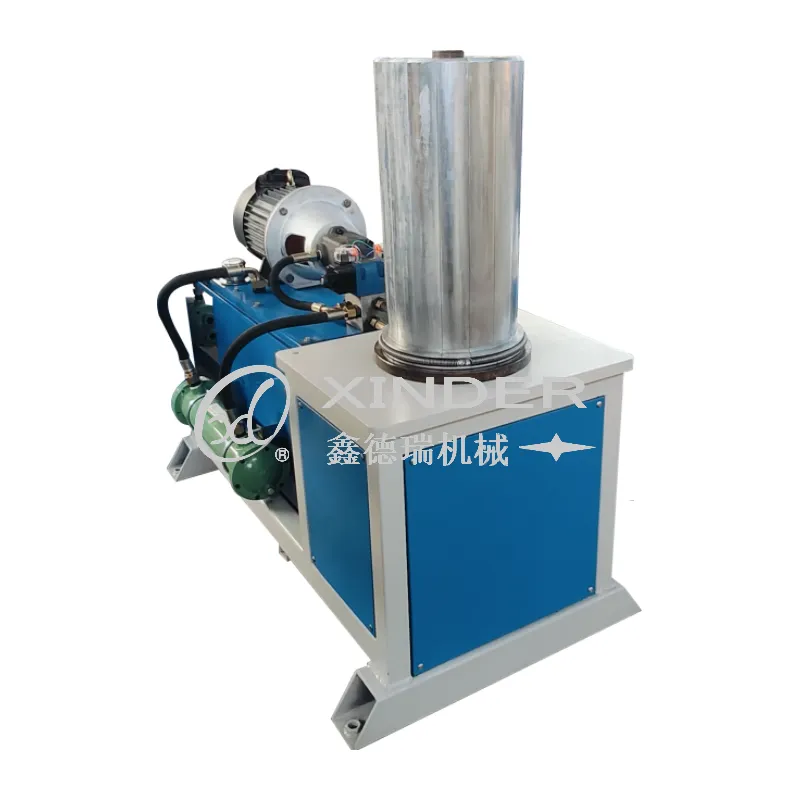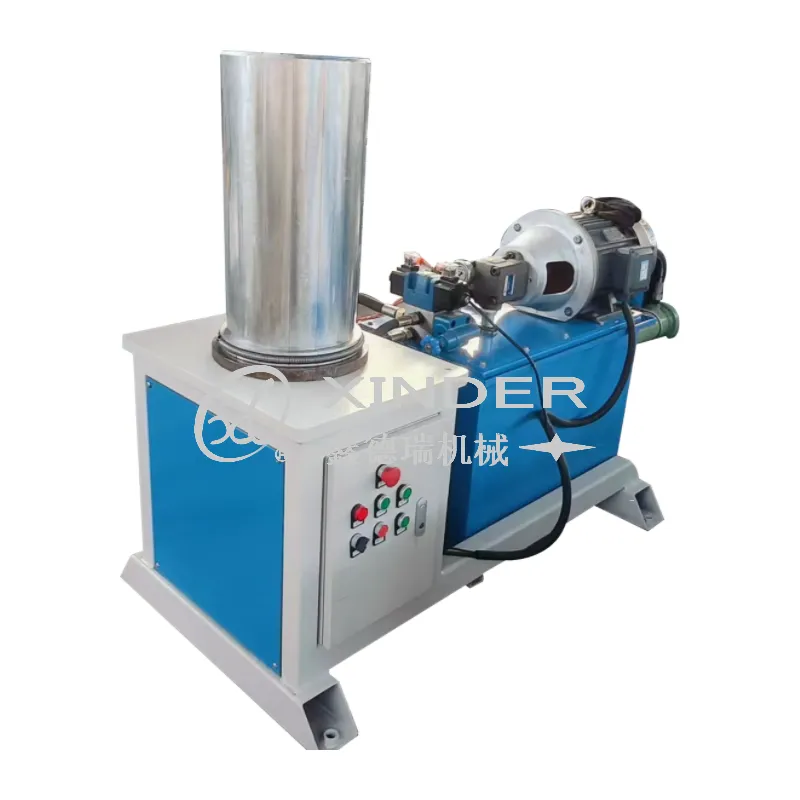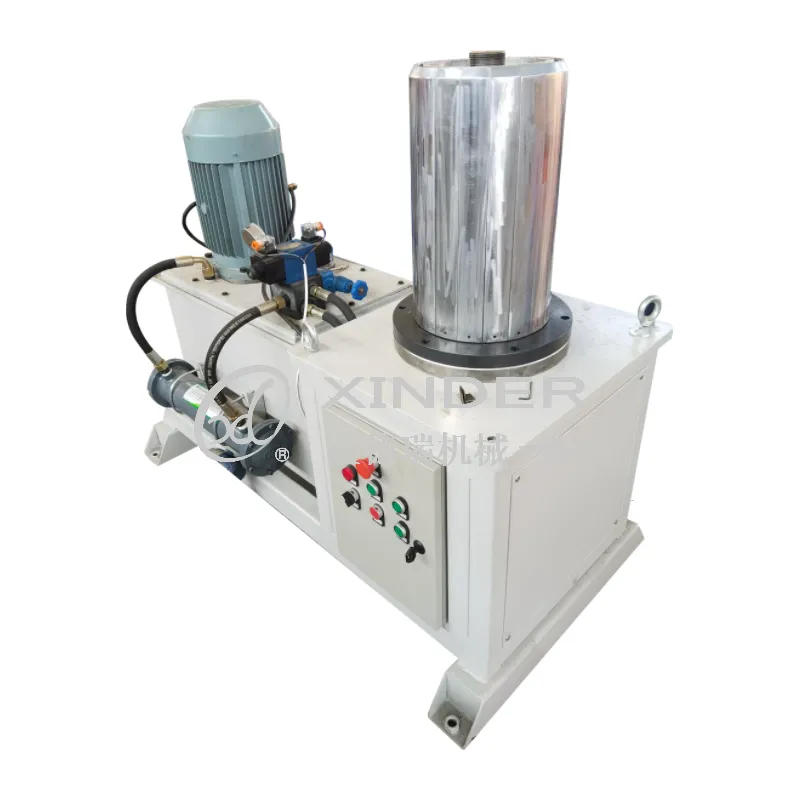-
 8613931787312
8613931787312 -
 Botou Industrial Zone on the east side of National Highway 104, Botou City, Hebei Province
Botou Industrial Zone on the east side of National Highway 104, Botou City, Hebei Province
- Afrikaans
- Albanian
- Amharic
- Arabic
- Armenian
- Azerbaijani
- Basque
- Belarusian
- Bengali
- Bosnian
- Bulgarian
- Catalan
- Cebuano
- Corsican
- Croatian
- Czech
- Danish
- Dutch
- English
- Esperanto
- Estonian
- Finnish
- French
- Frisian
- Galician
- Georgian
- German
- Greek
- Gujarati
- haitian_creole
- hausa
- hawaiian
- Hebrew
- Hindi
- Miao
- Hungarian
- Icelandic
- igbo
- Indonesian
- irish
- Italian
- Japanese
- Javanese
- Kannada
- kazakh
- Khmer
- Rwandese
- Korean
- Kurdish
- Kyrgyz
- Lao
- Latin
- Latvian
- Lithuanian
- Luxembourgish
- Macedonian
- Malgashi
- Malay
- Malayalam
- Maltese
- Maori
- Marathi
- Mongolian
- Myanmar
- Nepali
- Norwegian
- Norwegian
- Occitan
- Pashto
- Persian
- Polish
- Portuguese
- Punjabi
- Romanian
- Russian
- Samoan
- scottish-gaelic
- Serbian
- Sesotho
- Shona
- Sindhi
- Sinhala
- Slovak
- Slovenian
- Somali
- Spanish
- Sundanese
- Swahili
- Swedish
- Tagalog
- Tajik
- Tamil
- Tatar
- Telugu
- Thai
- Turkish
- Turkmen
- Ukrainian
- Urdu
- Uighur
- Uzbek
- Vietnamese
- Welsh
- Bantu
- Yiddish
- Yoruba
- Zulu
Precision Hydraulic Expansion Machine for Tube Joining & Heat Exchangers
Understanding the Hydraulic Expansion Machine: A Core Technology for Heat Exchanger Manufacturing
The industrial landscape, particularly in sectors reliant on efficient heat transfer, consistently demands high-performance and reliable equipment. At the heart of this demand lies the Hydraulic Expansion Machine, a critical technology for fabricating heat exchangers, condensers, and boilers. This precision machinery uses controlled hydraulic pressure to expand tubes into tube sheets, creating a robust, leak-proof joint. This method is increasingly preferred over traditional mechanical or roller expansion due to its superior concentricity, uniform expansion, and minimal stress on materials. As industries like petrochemical, power generation, HVAC, and marine engineering continue to evolve, the demand for high-integrity tube-to-tube sheet joints drives innovation in hydraulic expansion technology, making these machines indispensable for modern manufacturing processes.
Current industry trends highlight a shift towards higher efficiency, greater precision, and enhanced automation in manufacturing. The global market for heat exchangers, a primary application area, is projected to grow significantly, fueled by increasing energy efficiency regulations and infrastructure development. This growth directly impacts the demand for sophisticated machinery like the Hydraulic Expansion Machine. Manufacturers are focusing on incorporating advanced sensors, IoT capabilities, and predictive maintenance features to further optimize the expansion process, reduce downtime, and ensure consistent quality, thereby supporting the move towards Industry 4.0.
The Advanced Manufacturing Process of a Hydraulic Expansion Machine
The creation of a high-quality Hydraulic Expansion Machine is a meticulous process, combining robust material selection with advanced manufacturing techniques to ensure durability, precision, and extended service life. The journey begins with selecting premium-grade steels for the machine's core components, such as the frame, hydraulic cylinders, and mandrels. These materials undergo rigorous testing to meet specific metallurgical properties, including high tensile strength, fatigue resistance, and corrosion resistance, crucial for enduring the high pressures and operational stresses inherent in expansion work.
Manufacturing typically involves a multi-stage process:
- Precision Casting & Forging: Critical structural components are often cast or forged to achieve optimal strength and grain structure, minimizing internal defects.
- CNC Machining: State-of-the-art CNC (Computer Numerical Control) machining centers are employed to achieve micron-level tolerances for components like the hydraulic manifold, cylinder bores, and mandrel tips. This ensures perfect alignment and consistent pressure delivery.
- Heat Treatment: Components undergo specific heat treatment processes, such as quenching and tempering, to enhance hardness, wear resistance, and overall structural integrity.
- Surface Finishing & Coating: Critical surfaces are polished, ground, and often coated with wear-resistant or anti-corrosion layers to extend lifespan and maintain performance in harsh industrial environments.

Figure 1: High-precision components of a Hydraulic Expansion Machine.
Technical Parameters and Specifications
Understanding the technical parameters of a Hydraulic Expansion Machine is crucial for selecting the right model for specific applications. Key specifications dictate the machine's capacity, precision, and operational efficiency. The following table outlines typical parameters for a high-performance unit, demonstrating its capability to handle diverse heat exchanger and boiler manufacturing requirements. These machines are designed for precise control over the expansion process, ensuring optimal tube-to-tube sheet joint integrity.
| Parameter | Value Range / Description |
|---|---|
| Applicable Tube Diameter | 6 mm - 100 mm (0.24 in - 3.94 in) |
| Max. Expansion Pressure | Up to 300 MPa (43,500 psi) |
| Expansion Length | 50 mm - 500 mm (1.97 in - 19.69 in) standard, customizable |
| Expansion Cycle Time | 5 - 15 seconds per tube (depending on material/size) |
| System Pressure Accuracy | ± 1 MPa |
| Hydraulic Oil Tank Capacity | 150 - 500 Liters |
| Power Requirement | 3-Phase, 380V/50Hz, 15 kW - 45 kW |
| Control System | PLC (Programmable Logic Controller) with HMI Touch Screen |
| Applicable Materials | Carbon Steel, Stainless Steel, Copper, Brass, Titanium, Inconel, etc. |
The precision control of pressure, often managed via a PLC (Programmable Logic Controller) and HMI (Human-Machine Interface), ensures that the tube material is expanded uniformly to create a tight, durable bond without over-stressing the tube or tube sheet. This level of control is paramount for applications demanding high integrity and resistance to leakage, such as those in nuclear power plants or high-pressure chemical processes.
Technical Advantages and Application Scenarios
The technical advantages of a Hydraulic Expansion Machine over conventional methods are significant, leading to its widespread adoption in various critical industries.
- Superior Joint Quality: Hydraulic expansion creates a uniform, full-length contact between the tube and tube sheet, eliminating crevice corrosion and improving thermal conductivity. This leads to a truly leak-proof joint, crucial for pressure vessels.
- Material Integrity: Unlike mechanical expansion, which can work-harden or thin the tube wall unevenly, hydraulic expansion exerts radial pressure uniformly, preserving the original mechanical properties and structural integrity of the tube material.
- Enhanced Productivity: With precise control and faster cycle times, hydraulic expansion significantly reduces assembly time for large heat exchangers, improving overall production efficiency.
- Reduced Stress on Tube Sheet: The radial force minimizes deformation and stress on the tube sheet, extending its lifespan and maintaining its structural integrity.
- Versatility: Adaptable to various tube materials (e.g., carbon steel, stainless steel, titanium, copper alloys) and tube sheet thicknesses, making it suitable for a broad range of applications.
These advantages make the Hydraulic Expansion Machine ideal for demanding application scenarios:
- Petrochemical Industry: Fabrication of high-pressure heat exchangers, reactors, and condensers where absolute leak integrity is paramount due to hazardous fluids.
- Power Generation (Thermal & Nuclear): Manufacturing of boiler economizers, superheaters, and nuclear power plant heat exchangers requiring extreme reliability and long operational life under high temperatures and pressures.
- HVAC & Refrigeration: Production of finned coil heat exchangers and chillers, ensuring efficient heat transfer and minimal energy loss.
- Shipbuilding & Marine: Assembly of marine heat exchangers and condensers that must withstand corrosive saltwater environments and vibration.
- Water Treatment: Used in the fabrication of desalination plants and industrial water systems that rely on robust heat exchange components.

Figure 2: Hydraulic expansion in progress, ensuring precise tube-to-tube sheet bonding.
Manufacturer Comparison and Custom Solutions
When selecting a Hydraulic Expansion Machine, it is crucial for B2B decision-makers to consider not only the technical specifications but also the manufacturer's expertise, reputation, and ability to provide tailored solutions. A direct comparison between hydraulic expansion and traditional mechanical rolling methods further illustrates the superior benefits.
| Feature | Hydraulic Expansion | Mechanical Rolling Expansion |
|---|---|---|
| Joint Quality | Superior, uniform, full-length contact, eliminates crevice. | Localized contact, potential for crevice, less uniform. |
| Tube Material Integrity | Preserves original mechanical properties, no work hardening. | Can cause work hardening, thinning, and uneven stress. |
| Tube Sheet Stress | Minimal radial stress, reduced distortion. | Higher stress concentration, potential for distortion. |
| Speed/Efficiency | Faster, consistent cycle times, higher throughput for complex designs. | Slower, requires skilled operator, can be inconsistent. |
| Tooling Life | Longer tool life due to fluid pressure, less wear. | Shorter tool life due to friction and mechanical stress. |
| Leakage Rate | Extremely low, often zero. | Higher potential for micro-leaks. |
Leading manufacturers in this field differentiate themselves through decades of experience, patented technologies, and a deep understanding of customer needs. Custom solutions often involve designing expansion mandrels for unique tube geometries, integrating the machine into existing production lines, or developing specialized pressure control algorithms for exotic materials. For instance, a client manufacturing high-pressure boilers might require a Hydraulic Expansion Machine capable of handling extremely thick tube sheets and high-strength alloy tubes, necessitating a bespoke solution with enhanced pressure capacity and advanced monitoring systems.
Application Cases and Customer Success
The practical application of a Hydraulic Expansion Machine can be best illustrated through real-world scenarios and the positive feedback from our clientele. For example, a major petrochemical plant in the Middle East faced challenges with frequent leaks in their re-boilers, leading to costly downtime and maintenance. After integrating our specialized Hydraulic Expansion Machine into their fabrication process, they reported a 99.8% reduction in joint leakage rates across newly manufactured units. This improvement translated to a 15% increase in operational uptime and significant savings in repair costs within the first year.
Another case involves a leading HVAC manufacturer struggling with inconsistent expansion and material thinning when producing large batches of finned coils. By adopting our advanced Hydraulic Expansion Machine, which features precise pressure profiling and automated cycle control, they achieved uniform expansion across all tubes, minimizing material stress and improving the overall thermal efficiency of their products by an average of 3%. This not only enhanced their product quality but also reduced material scrap rates by 10%, directly impacting their bottom line. Such experiences underscore the machine's reliability and its direct contribution to operational excellence and product innovation.

Figure 3: A Hydraulic Expansion Machine integrated into a modern manufacturing line.
Ensuring Trustworthiness: Quality, Support, and FAQ
Building trust with B2B clients involves more than just delivering a high-performance Hydraulic Expansion Machine; it encompasses transparent quality assurance, robust after-sales support, and clear communication. Our commitment to trustworthiness is reflected in several key areas:
- Certifications and Standards: All our machines comply with international quality management standards, including ISO 9001:2015. Components meet relevant ASTM/ASME specifications, and pressure testing adheres to industry best practices, ensuring reliability and safety.
- Delivery and Installation: We offer transparent delivery schedules, typically ranging from 8-12 weeks for standard models and 14-20 weeks for custom solutions, followed by professional on-site installation and commissioning by certified engineers.
- Warranty and Support: Every machine comes with a standard 12-month comprehensive warranty, covering parts and labor. We provide extensive after-sales support, including remote diagnostics, spare parts availability, and technician dispatch services globally. Our average response time for critical issues is less than 24 hours.
Frequently Asked Questions (FAQ)
Q1: What is the typical lifespan of a Hydraulic Expansion Machine?
A1: With proper maintenance and regular servicing, a high-quality Hydraulic Expansion Machine can operate reliably for 15 to 20 years or more. Critical components are designed for extended durability.
Q2: Can the machine handle different tube materials and sizes?
A2: Yes, our machines are highly versatile. They can expand tubes made from various materials (e.g., carbon steel, stainless steel, copper, titanium) and accommodate a wide range of tube diameters (typically 6mm to 100mm) by changing the expansion mandrels.
Q3: How precise is the pressure control?
A3: Our machines utilize advanced PLC control systems with high-resolution pressure sensors, allowing for pressure control accuracy within ± 1 MPa. This ensures consistent and repeatable expansion results, crucial for high-integrity joints.
Q4: What kind of training is provided for operators?
A4: We offer comprehensive on-site training for your operators and maintenance staff, covering machine operation, safety protocols, routine maintenance, and basic troubleshooting to ensure optimal performance and longevity of your Hydraulic Expansion Machine.
Conclusion: Pushing the Boundaries of Precision Fabrication
The Hydraulic Expansion Machine stands as a testament to precision engineering, offering unparalleled advantages in the fabrication of heat exchangers and pressure vessels. Its ability to create superior, leak-proof joints while preserving material integrity positions it as a cornerstone technology for industries where reliability and performance are non-negotiable. As global demand for efficient and durable heat transfer equipment continues to rise, driven by energy conservation initiatives and industrial growth, the role of hydraulic expansion technology will only become more pronounced. Investing in a state-of-the-art Hydraulic Expansion Machine is not merely an equipment purchase; it is a strategic decision that enhances product quality, optimizes production efficiency, and secures a competitive edge in the evolving landscape of advanced manufacturing.
References
- Journal of Pressure Vessel Technology, ASME. Advances in Tube-to-Tube Sheet Joint Integrity.
- International Journal of Heat and Mass Transfer. Effect of Expansion Methods on Heat Exchanger Performance.
- Welding Journal, AWS. Modern Fabrication Techniques for Pressure Retaining Equipment.
- Applied Thermal Engineering. Optimization of Tube Expansion Processes for Enhanced Heat Transfer.
- Industrial & Engineering Chemistry Research, ACS. Material Science Aspects of High-Pressure Joint Formation.
-
The Rise of Laser Welding: Precision Meets Power in Modern MetalworkNewsAug.06,2025
-
Streamlining Industrial Packaging: The Power of Barrel Production LinesNewsAug.06,2025
-
Revolutionizing Metal Joining: The Power of Automatic Seam Welding MachinesNewsAug.06,2025
-
Powering Industrial Innovation: The Role of Pipe and Tube Machinery in Modern ManufacturingNewsAug.06,2025
-
Exploring the World of Resistance Welding: Equipment, Manufacturers, and Pricing InsightsNewsAug.06,2025
-
Advancing Container Manufacturing: The Role of the Modern Can Welding MachineNewsAug.06,2025
-
Understanding Automatic Seam Welding Machines: A Game Changer in Welding TechnologyNewsJul.18,2025
-
 Pneumatic Handle Welding MachineSep . 13, 2024
Pneumatic Handle Welding MachineSep . 13, 2024 -
 Fully Automatic Kaiping Production LineOct . 17, 2024
Fully Automatic Kaiping Production LineOct . 17, 2024 -
 Fully Automatic Metal Bucket Lifting HeadphonesSep . 14, 2024
Fully Automatic Metal Bucket Lifting HeadphonesSep . 14, 2024

